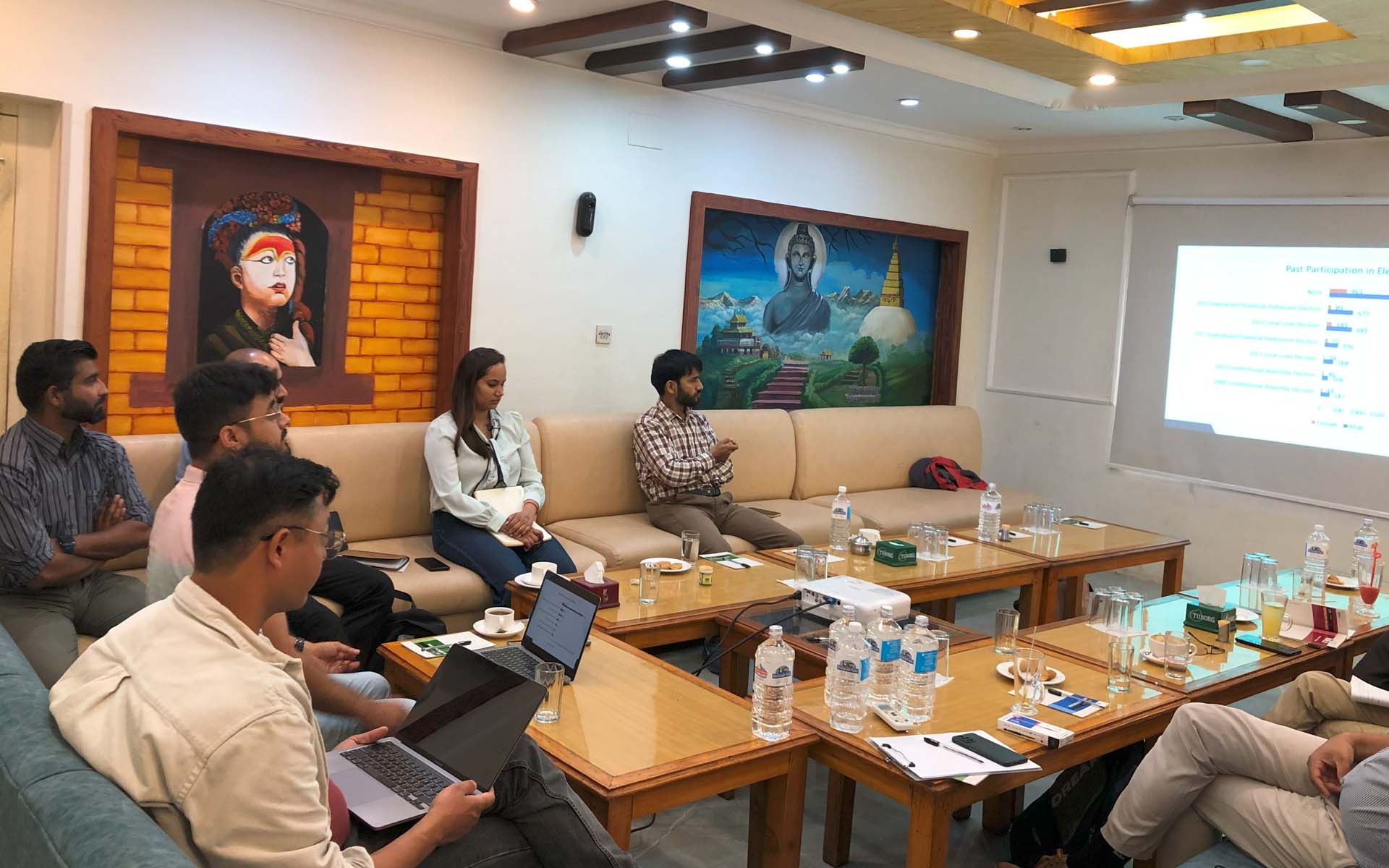
Kathmandu: The Law and Policy Forum for Social Justice (LAPSOJ) and Shramik Sanjal, Kathmandu, collaborated on a groundbreaking survey to amplify the voices of Nepali migrant workers. The survey spanned over seven countries and engaged over 6,485 workers and captured their knowledge, sentiments, and aspirations for voting rights. It was administered through online questionnaires and supported by Shramik Sanjal’s dedicated volunteers across GCC countries and Malaysia.
According to Sharmik Sanjal, the survey offers an unfiltered perspective on the diaspora’s demand for voting rights. Even if the survey was not designed for analytical precision, its findings are a powerful call to action, urging stakeholders to address this grave injustice.
Nepal’s 2015 Constitution enshrines equality and representation as fundamental rights, yet millions of Nepali diaspora are denied with their democratic right to vote. The significant number of diaspora comprises temporary migrant workers, whose remittances are critical in mitigating the nation’s trade deficits, and remain in a state of democratic exile, unable to hold accountable the government that overlooks their contributions.
The Supreme Court’s 2018 directive, prompted by a Public Interest Litigation from LAPSOJ, mandated Out-of-Country Voting (OCV) mechanisms, affirming voting as an inalienable right under national and international law. Despite commitments in the Election Commission of Nepal’s Third Strategic Plan (2019–2024), progress remains stalled, leaving millions disenfranchised.